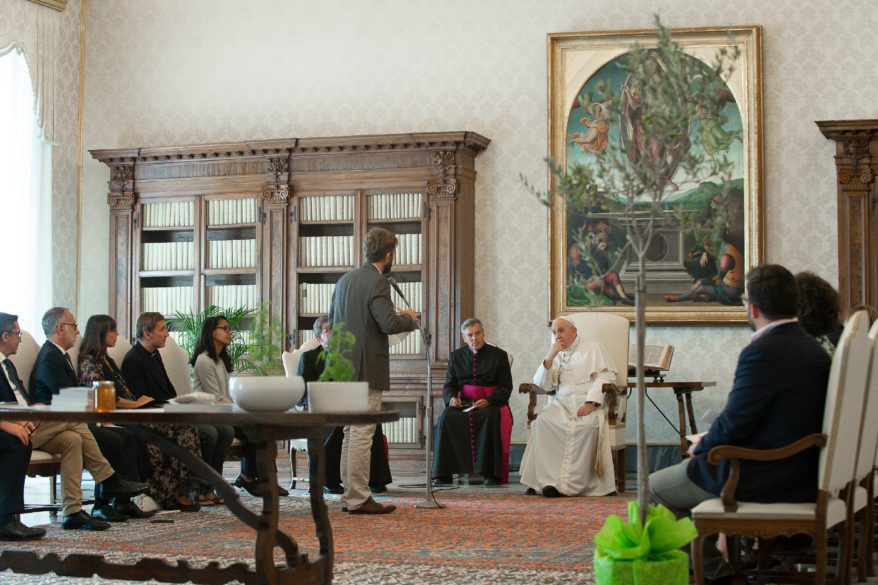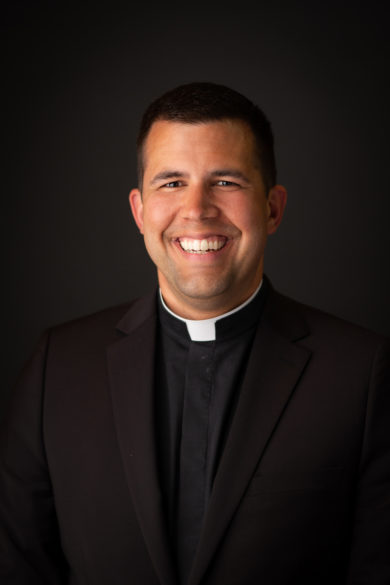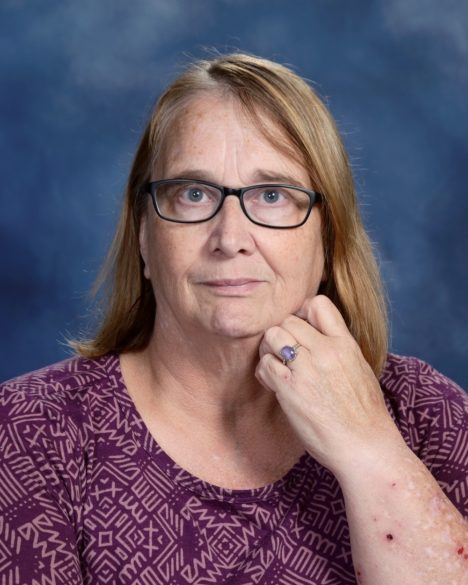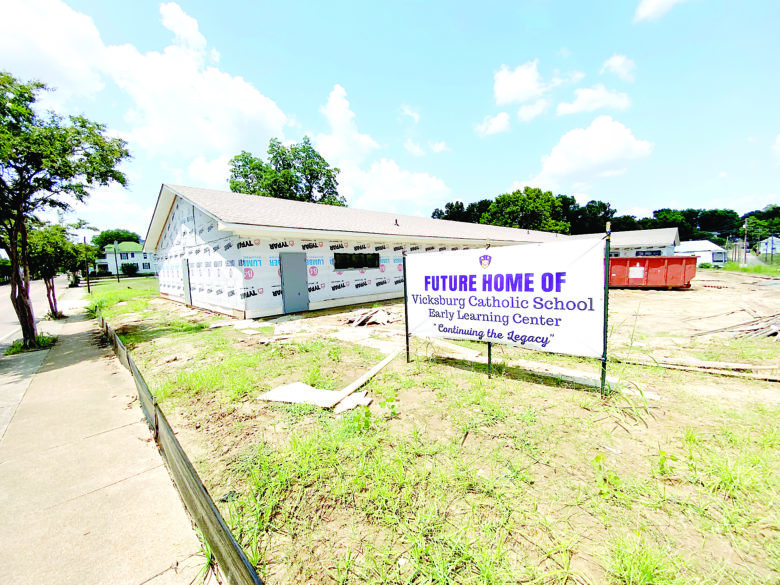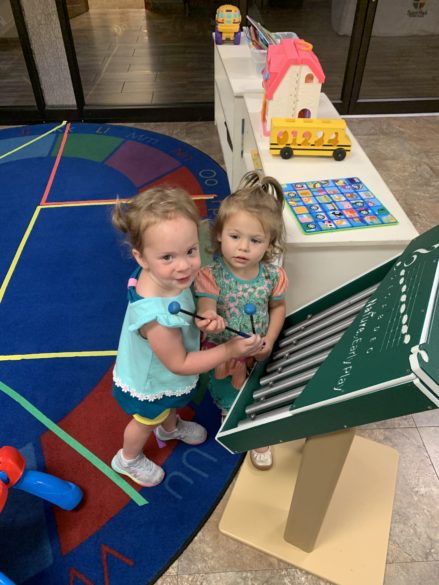By Bishop Joseph R. Kopacz, D.D.
JACKSON – Over the Labor Day holiday as I enjoyed the blessings of a long weekend, I mulled over the surge that occurred in unemployment due to COVID-19 over the past six months. At its peak, the furloughed were at the astronomical figure of 33%, a level not seen since the great depression in the 1930s. The present hardship and anxiety over the future that afflicts many families are heavy burdens. Fortunately, the unemployment figures have dropped back down below double digits; yet far too many are pushed to the edge or beyond. This free fall in the work force makes it crystal clear how essential work is as a vital component of what it means to be human, more than just a job.

With the advent of the Industrial Revolution in the 19th century the Church has taught extensively on the nature, dignity and necessity of work beginning with Leo XIII in Rerum Novarum, on the New Order of Things, right up to the present day with the exhortations of Pope Francis. In doing so, the church always returns to the biblical source in Genesis when God worked for six days on the progression of creation with rest following on the seventh. God then ordained that the crown of his creation, male and female, was to subdue the earth and exercise dominion over this amazing planet. (Genesis 1:28) However, this task is not a license to be high-handed or reckless. On the contrary in it is a matter of cultivating and caring for the magnificent garden that has been entrusted to us. (Genesis 2:15) The material world was not created by humankind but is bestowed upon us as a precious gift that the Creator placed under our responsibility. Therefore, all work can be a participation in and furtherance of the will of God and the gift of creation.
Within the perspective of faith, the fruits of our labor are for our own wellbeing, for those who depend on us, especially the family, for the common good, for a just society and for the glory of God. It is not just a job. The family, therefore, must rightfully be an essential agent of economic life, guided not solely by the market mentality but by the logic of sharing and solidarity among generations. Justice is the virtue that governs the social order, and the market must aim for a standard of living to maintain a family and to allow it to live decently. (Pius XI) The demand for justice precedes concern for profit. “Better is a little with righteousness than great revenues with injustice.” (Proverbs 16:8)
The leisure of Labor Day, an oxymoron of sorts, portrays the intricate web of life that God intends. Jesus a man of work, devoted most of his years on earth to manual labor at the carpenter’s bench. (John Paul II) In his teachings Jesus regularly refers to the reality of work to unfold the mystery of the Kingdom of God. He praises the faithful and prudent servant whom the Master finds hard at work at the duties entrusted to him (Mt 24:46), and condemns the behavior of the useless servant, who hides his talent in the ground. (Mt 25:14ff) He describes his own mission as that of working. “My father is working still, and I am working.” (Jn 5:17) His disciples are workers in the harvest of the Lord (Mt 9:37-38), and the laborer deserves his wage.” (Lk 10:7)
Work in the home or in the marketplace is an essential part of being human. The awareness that “the form of the world is passing away” (1Cor 7:31) is not an exoneration from being involved in work. (2Thes 3:7-15) No Christian, believing that he belongs to others and to God, has the right not to work and to live at the expense of others. All are charged by the Apostle Paul to make it a point of honor to work, to be dependent on nobody. (1Thes 4:12), and to practice a solidarity by sharing the fruits of their labors with those in need. (Eph 4:28) St. James defends the trampled rights of workers: “Behold the wages of the laborers who mowed your fields, which you kept back by fraud, cry out, and the cries of the harvesters have reached the Lord of host.” (Jas 5:4)
Yet there needs to be balance. In his preaching, Jesus teaches man and woman not to be enslaved by work. Before all else they must be concerned about their souls. Gaining the whole world is not the purpose of life. (Mk 18:36) The treasures of earth are consumed, while those in heaven are imperishable. It is on these latter treasures that men and women must set their hearts. (Mt 6:19-21) For we look not to what is seen, but to what is unseen. For what is seen is transitory; what is unseen is eternal. (2Cor 4:18) This is the gift of Sabbath rest on the Lord’s Day, a time for healing, a time dedicated to God and others, cultivating relationships that allow humanity to set out on the path to the eternal Sabbath.
For many, the pandemic has incited a crisis and we hope that they can remain steady through the storm. For many more who are fine materially, yet restricted socially, we hope that the opportunity will not be lost to restore lasting balance in their lives within God’s creative providence.


